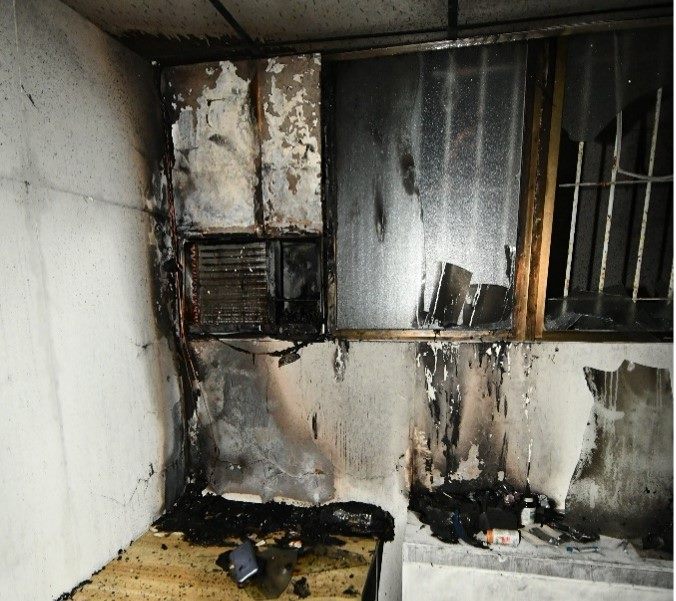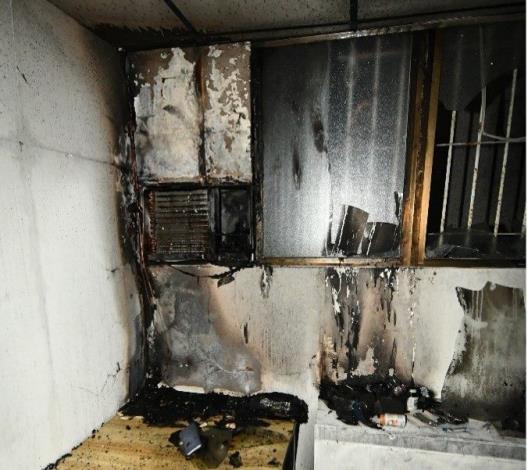Safety first! Strategies to prevent air conditioner fires
According to Taipei City Fire Department, 125 air conditioner fires have occurred in the past three years. Fortunately, no casualties have been reported. The leading cause of these fires was short circuits in power cords, accounting for 71.2%, primarily due to power cord aging, compression, or bundling. Taipei City Fire Department urges regular inspection of power cords, maintenance and cleaning, and monitoring for unusual signs as the best way to prevent air conditioner fires. As summer approaches, the usage rate of air conditioners gradually increases. Over the past three years, the types of air conditioner fires in Taipei City included 68 air conditioning outdoor units, 24 air conditioning indoor units, 14 window-type air conditioners, 11 central air conditioning systems, and 8 cases of others. The leading causes of fires were short circuits caused by power cord insulation cracking, compression, or bundling (accounting for 71.2%), with other reasons including power cord overheating, internal wiring short circuits, and tracking. Taipei City Fire Department emphasizes that the prevention of air conditioner fires begins with daily cleaning and maintenance. Regularly clean the filter, and have professionals disassemble and maintain the condenser, evaporator, and circuit board. If air conditioner makes unusual noises while operating Air conditioners are seasonal appliances. During seasons when they are not used, the power should be turned off (or unplugged). Before the use season begins, thorough cleaning and maintenance should be carried out to prevent dust accumulation or malfunction due to prolonged non-use. Finally, the public is reminded to follow the electrical prevention motto "Five Don’ts and One No": do not overload, do not damage the wires, do not dampen or soil, do not plug in when not in use, do not buy or use products without safety marks, and do not have combustibles nearby. Regularly check the safety of electrical products in indoor areas such as bedrooms and living rooms, and install residential fire alarms to detect fires early. Cultivate good habits to maintain a safe living environment. The window-type air conditioner caught on fire. or even has a burnt smell, it should be turned off immediately, and a professional repair person should be contacted. In addition, the air conditioning outdoor units are often overlooked because they are installed in outdoor spaces. It is recommended to choose a ventilated environment to prevent poor heat dissipation, which can lead to increased electricity consumption or deterioration of insulation.


![Taiwan.gov.tw [ open a new window]](/images/egov.png)
